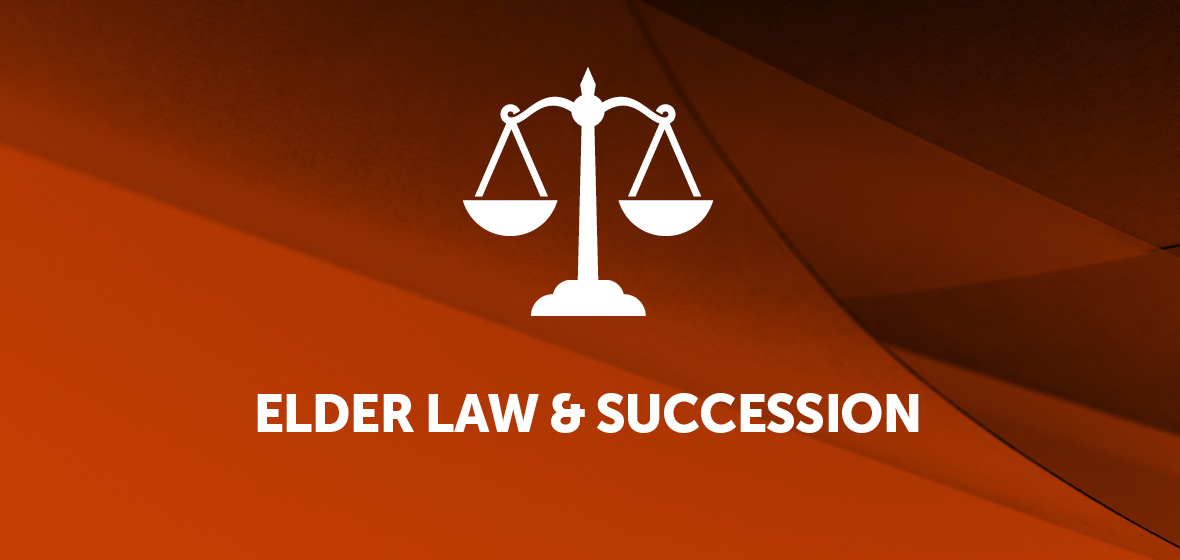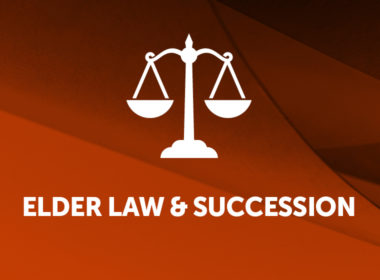Key decisions
- Reform of wills legislation (England and Wales)
- Howitt as Executor of the estate of the late Margaret Norma Howitt v Bosschieter [2025] NSWCA 179 (family provision)
- Estate of Pendergast; Pendergast v Shingles [2025] NSWSC 909 (hotchpot)
- Francis v Francis [2025] NSWSC 906 (death)
- Jupp v Jupp [2025] WASC 315 (rectification)
- Case 12-00-1030660 (concerning AustralianSuper Pty Ltd), Williams v Robba [2025] QSC 203 and Williams v Robba (No 2) [2025] QSC 228 (Superannuation)
Suggested reform of wills legislation in England and Wales
The Law Commission of England and Wales’ final report on modernising wills proposes various changes to the law relating to wills including:
- reformulating the ‘test’ for testamentary capacity contained in Banks v Goodfellow;
- making changes to will-making formalities to enable wills to be created, recorded, transmitted or stored in digital form where there is no prospect of wrongdoing;
- reducing the minimum age for will making to 16;
- removing automatic revocation of a will on marriage; and
- providing protections to help prevent abuse, especially elder financial abuse, with will-making.
The Bill proposed in the report can be found at https://www.legislation.gov.uk/ukpga/Will4and1Vict/7/26/contents
Successful appeal against family provision order
Howitt as Executor of the estate of the late Margaret Norma Howitt v Bosschieter [2025] NSWCA 179 (Free JA, Ward P and Kirk JA agreeing) involved the successful appeal against the family provision orders made in Bosschieter v Howitt [2024] NSWSC 1676 (reported in Elder law and succession case notes: April 2025). In relation to the first ground of appeal, Slattery J decided at first instance that the deceased’s granddaughter, Justine, was an ‘eligible person’ for the purpose of applying for further family provision from the deceased’s estate. The Court of Appeal agreed as Justine and her mother had lived with the deceased for the first two years of Justine’s life. As ‘[d]ependence upon a person involves simply being reliant on that person to meet one’s needs’, ‘[a] relationship of partial dependency may exist with a person even while there is also a simultaneous dependence upon a parent or person standing in loco parentis’ (at [69]).


